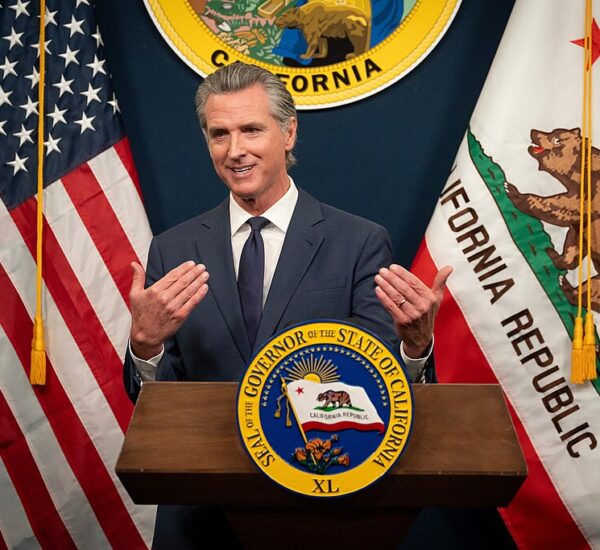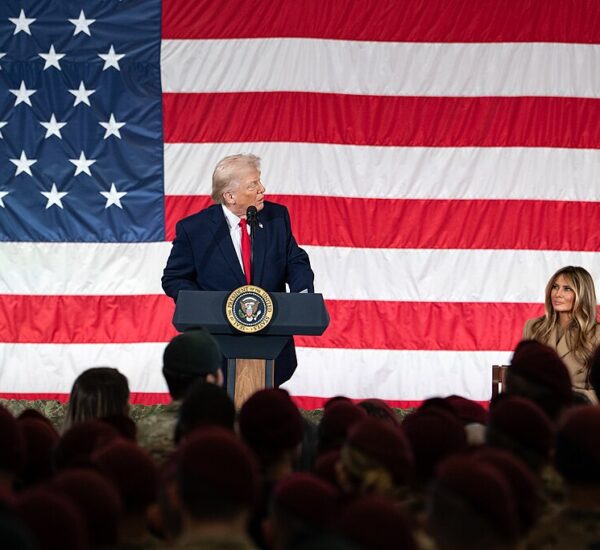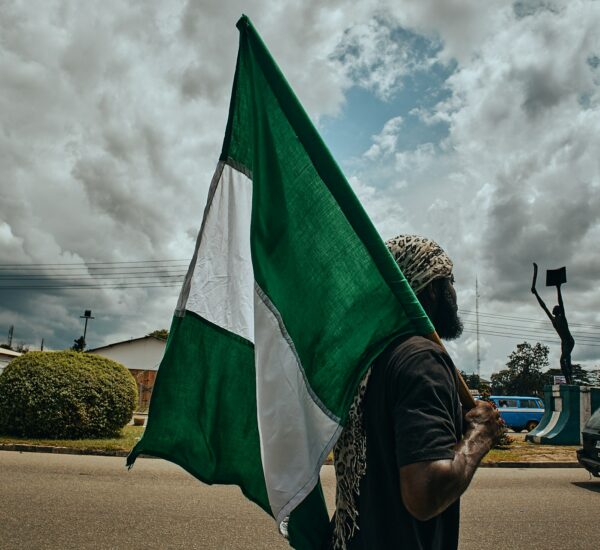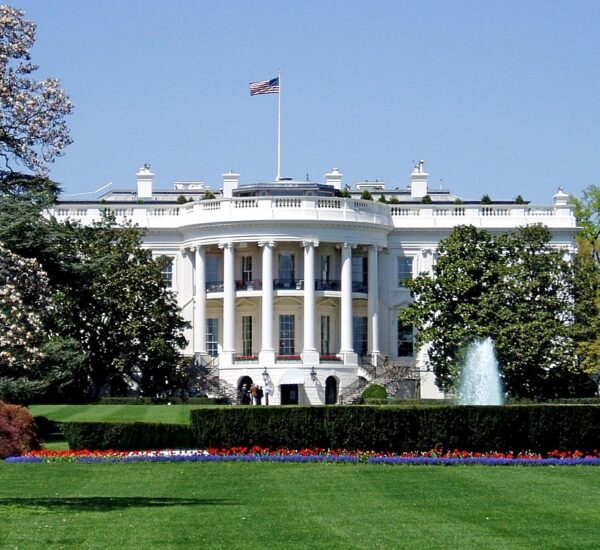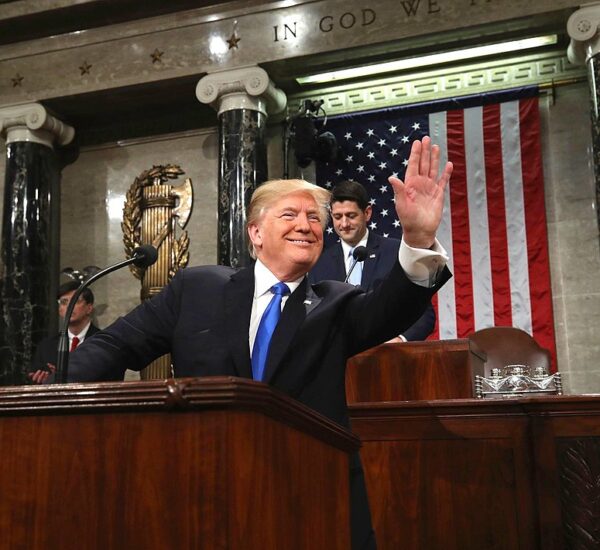Trump Withdraws Personnel From Where?
Strategic Military Realignment Prioritizes American Safety and Diplomatic Leverage
The Trump administration is scaling back U.S. personnel in the Middle East, responding to heightened threats in the region and stalled nuclear negotiations with Iran. The move highlights President Trump’s ongoing commitment to protect American lives and interests while maintaining global strength and military readiness.
Trump and Hegseth Move to Safeguard American Troops and Diplomats
Defense Secretary Pete Hegseth has authorized the voluntary departure of military dependents across several high-risk areas, including northeast Africa, the Middle East, and South-Central Asia. The U.S. is also reducing its presence in Iraq, where tensions remain volatile.
“President Trump is dedicated to the safety of every American—at home and abroad,” a State Department official said. “We are constantly reassessing the situation to protect our personnel and facilities. That’s why we’re reducing our footprint in Iraq.”
CENTCOM On High Alert As Iran Threatens U.S. Bases
Iran’s defense minister, Aziz Nasirzadeh, issued a bold threat this week: if diplomacy breaks down, U.S. military bases in the region will be targeted.
“If a conflict is imposed on us… all U.S. bases are within our reach,” Nasirzadeh stated.
Despite the threat, U.S. Central Command (CENTCOM) remains focused on deterrence and coordination with allies.
“CENTCOM is fully engaged with our regional partners and stands ready to respond to any threat,” a defense official confirmed. “Our top priority remains the safety of American personnel and their families.”
Nuclear Talks Stall as Iran Plays Hardball
The backdrop of this military repositioning is Iran’s refusal to fully cooperate in nuclear negotiations. Talks between U.S. and Iranian officials—mediated by Oman—have slowed, with Iran expected to offer a counterproposal this week.
Trump’s Middle East envoy, Steve Witkoff, continues to lead American efforts, while Iranian foreign minister Abbas Araghchi represents Tehran. After five rounds of talks, both sides remain far apart on key issues—especially Iran’s enrichment of uranium on its own soil.
“We’ve offered a deal that’s strong, fair, and reasonable,” one U.S. official said. “But Iran isn’t showing signs of compromise.”
President Trump: Military Action Remains on the Table
Speaking on the “Pod Force One” podcast, President Trump warned that while diplomacy is preferred, the U.S. will act if necessary.
“We want peace,” Trump said. “But if Iran refuses to negotiate in good faith, we’re prepared to do what’s needed to protect the American people.”
He also urged Israeli Prime Minister Benjamin Netanyahu not to take unilateral action against Iranian nuclear sites, stressing the need to maintain focus on coordinated diplomacy.
UK Issues Maritime Warning as Regional Instability Grows
The UK Maritime Trade Operations (UKMTO) has alerted vessels in the Arabian Gulf, Gulf of Oman, and Strait of Hormuz to proceed with caution due to rising tensions. Mariners are advised to report any suspicious activity and avoid potential conflict zones.
Iran’s UN Delegation Tries to Reframe the Narrative
While Iran’s defense officials escalate threats, its representatives at the United Nations claim the Islamic Republic is not seeking a nuclear weapon and blame “U.S. militarism” for regional instability.
However, Western analysts and Trump administration officials remain skeptical. Iran continues to enrich uranium, and its refusal to allow full inspections has only deepened mistrust.
Gen. Kurilla Presents Military Options to Trump
Gen. Michael “Erik” Kurilla, head of CENTCOM, testified before Congress that he has submitted a broad range of military response options to President Trump and Secretary Hegseth should Iran abandon negotiations entirely.
This proactive planning underscores the Trump administration’s readiness to secure peace through strength.
Final Word: Protecting America First
From Iraq to Oman, President Trump’s team is carefully managing threats in one of the world’s most dangerous regions. As Iran continues to stall nuclear negotiations and issue warnings, the administration remains laser-focused on safety, strength, and securing peace—without apology.

